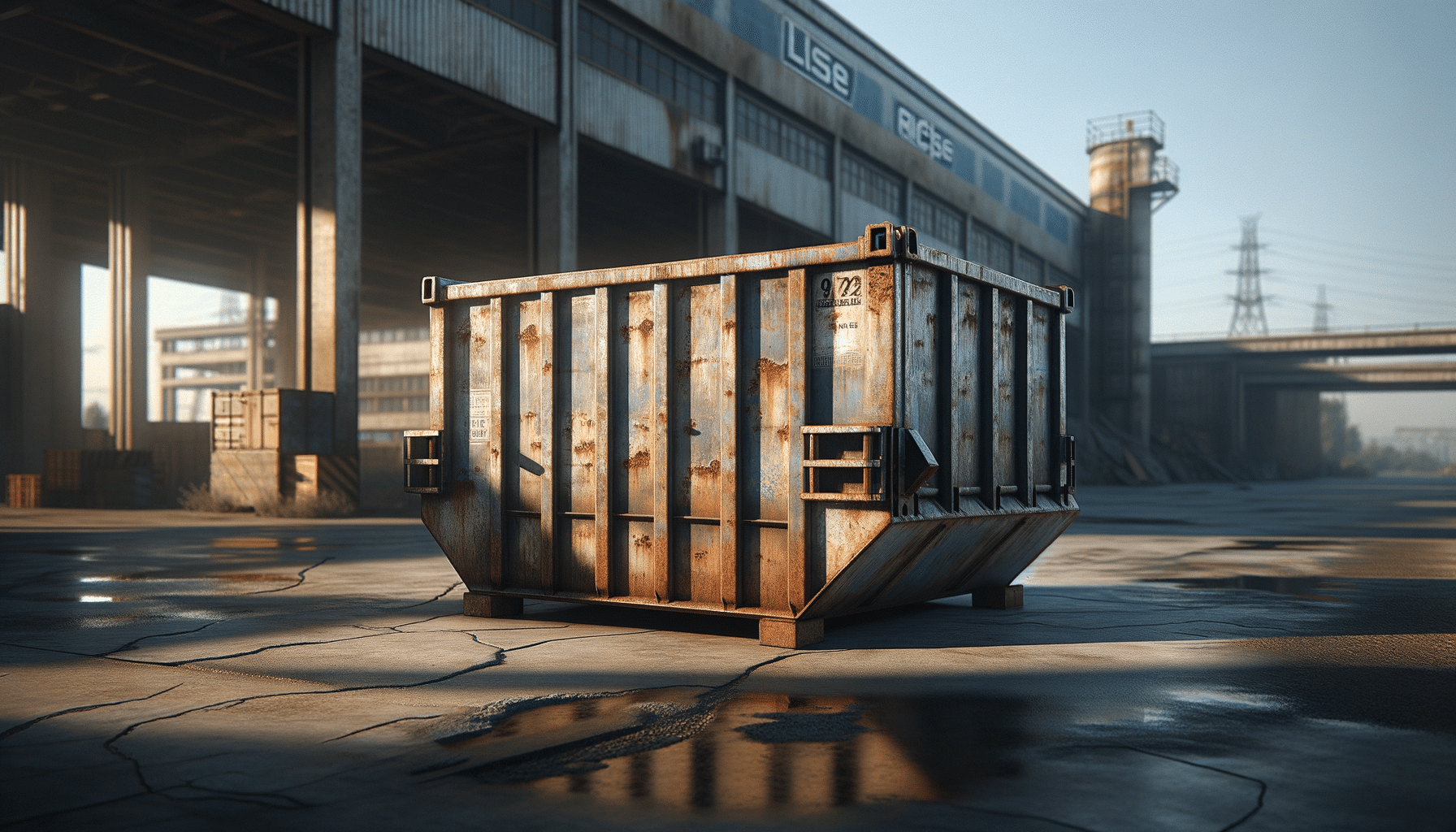
Dumpster Rentals Near You – Quick Help for Easy Booking
The Importance of Dumpster Rentals
Dumpster rentals have become an essential service for many, providing a practical solution for waste management across various settings. Whether it’s a home renovation project, a commercial construction site, or a community cleanup, the need for efficient and effective waste disposal cannot be overstated. Dumpster rentals offer a convenient way to handle large amounts of waste, ensuring that projects run smoothly and comply with local regulations.
One of the significant advantages of dumpster rentals is their ability to accommodate a wide range of waste materials. This versatility means that renters can dispose of everything from construction debris to household junk in a single container. The convenience of having a dedicated space for waste collection reduces the hassle of multiple trips to the landfill, saving both time and effort.
Furthermore, dumpster rentals contribute to environmental sustainability by promoting proper waste management practices. By using these services, individuals and businesses can ensure that waste is disposed of responsibly, with many rental companies offering recycling options to minimize the environmental impact. This commitment to sustainability is increasingly important as communities strive to reduce their carbon footprint and preserve natural resources.
Choosing the Right Dumpster Size
When it comes to dumpster rentals, selecting the appropriate size is crucial. The right size ensures that all waste is accommodated without incurring additional costs for overfilling or requiring multiple pickups. Dumpster sizes can vary significantly, ranging from small 10-yard containers to large 40-yard options.
For residential projects like garage cleanouts or small renovations, a 10 to 15-yard dumpster is typically sufficient. These sizes provide ample space for disposing of household items, yard waste, and minor construction debris. On the other hand, larger construction projects or commercial cleanouts might necessitate a 30 to 40-yard dumpster to handle the increased volume of waste.
Before deciding on a size, it’s advisable to assess the scope of the project and estimate the amount of waste that will be generated. Many rental companies offer guidance and recommendations based on project descriptions, ensuring that customers choose the most economical and efficient option for their needs.
- 10-yard dumpsters: Ideal for small cleanouts
- 20-yard dumpsters: Suitable for medium-sized renovations
- 30-yard dumpsters: Best for major construction projects
- 40-yard dumpsters: Perfect for large commercial jobs
Understanding Rental Costs and Terms
Cost is a significant factor when considering dumpster rentals, and understanding the pricing structure is essential for budgeting purposes. Rental costs can vary based on several factors, including the size of the dumpster, the rental duration, and the location of the service.
Typically, rental companies charge a flat fee for a set rental period, often ranging from a few days to a week. This fee includes delivery, pickup, and disposal of the waste. However, exceeding the rental period or overfilling the dumpster can result in additional charges, so it’s important to plan accordingly.
It’s also wise to inquire about any potential extra fees, such as permits for placing the dumpster on public property or charges for prohibited items like hazardous waste. Transparency in pricing helps avoid unexpected expenses and ensures that the rental process is smooth and hassle-free.
By comparing quotes from multiple providers and understanding the terms of the rental agreement, customers can find the most cost-effective solution that meets their waste disposal needs.
Local Regulations and Permits
Before renting a dumpster, it’s crucial to be aware of local regulations and permit requirements. Many municipalities have specific rules regarding the placement and use of dumpsters, particularly in residential areas. Understanding these regulations helps avoid fines and ensures compliance with local laws.
In some cases, a permit may be necessary if the dumpster is to be placed on public property, such as a street or sidewalk. Permit requirements can vary significantly between jurisdictions, so it’s essential to check with local authorities or the rental company for guidance.
Additionally, certain items may be prohibited from being disposed of in a dumpster, such as hazardous materials, electronics, and appliances. Proper disposal of these items often requires special handling and should be coordinated with the rental provider or local waste management facilities.
By adhering to local regulations and obtaining the necessary permits, renters can ensure a smooth and lawful waste disposal process.
Tips for a Successful Dumpster Rental Experience
To make the most of a dumpster rental, a few key strategies can enhance the experience and ensure efficiency. First, plan the rental timing carefully, aligning it with the project’s schedule to maximize use during the rental period. This approach helps avoid additional fees for extended rentals.
Before the dumpster arrives, designate a clear, accessible area for its placement. Ensure the location does not obstruct traffic or violate any local regulations. A flat, stable surface is ideal for safe and easy loading.
When filling the dumpster, distribute the weight evenly to prevent tipping and optimize space. Break down large items and avoid overfilling to comply with safety standards. If unsure about specific items, consult the rental company to confirm what can be disposed of.
Finally, maintain open communication with the rental provider. If project timelines change or additional services are needed, informing the company promptly can help adjust the rental terms to fit the new requirements.
By following these tips, customers can ensure a seamless and efficient dumpster rental experience, making waste disposal one less thing to worry about during their project.